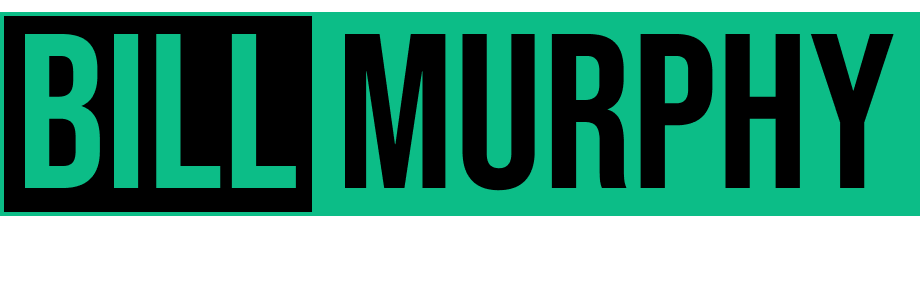Merriam-Webster defines “imposter syndrome” as a psychological condition characterized by persistent doubt concerning one’s abilities or accomplishments accompanied by the fear of being exposed as a fraud despite evidence of one’s ongoing success.
Did you know that 70-80% of people experience imposter syndrome at some point in their lives? This statistic shows that there’s a high chance many of us in the mortgage community have wrestled or are currently wrestling with this challenge.
I’m not afraid to admit I’ve grappled with imposter syndrome myself.
It all began in childhood. Even then, I struggled with the persistent feeling of not measuring up, whether in school, work, or athletics. Then, in adulthood, I’d often attribute my successes to luck and good timing or downplay my “win” with self-deprecating humor.
Despite having a successful 25-year career in mortgage origination, completing numerous marathons and ultra-marathons, conquering Ironman events, and excelling in martial arts, I still sometimes feel inadequate compared to my peers who’ve achieved success in these fields.
Imposter syndrome isn’t just a negative feeling: It actually harms our confidence, productivity, and overall well-being. Feeling like a “fraud,” doubting your abilities, or fearing that others will expose your incompetence WILL hinder your professional growth and personal happiness.
But fear not: Recognizing and overcoming these feelings is possible! Here are a few ways we can all combat imposter syndrome and unlock our true potential:
Acknowledge Our Achievements:
We should all take time to reflect on our journeys. Celebrate your accomplishments, no matter how small they may seem. Each closed deal, every satisfied client, and all the challenges you’ve overcome are testaments to your talents, skills, and dedication.
Change Our Inner Dialogue:
Challenge negative self-talk. Replace self-doubt with positive affirmations. Remind yourself daily of your capabilities and the value you bring to your clients and team. Remember: You are not alone in feeling this way, and it’s okay to ask for help or guidance when needed.
Embrace Failure as a Learning Opportunity:
Mistakes and setbacks are a part of any profession. Instead of viewing them as proof of our incompetence, we should view them as valuable lessons contributing to our growth. Learn from failures, adapt, and use them as stepping stones toward future success.
Seek Support and Mentorship:
Connect with peers, mentors, or support groups within our industry. Sharing our experiences and hearing others’ stories can provide reassurance and perspective. Mentors can offer guidance and wisdom, reminding us that even the most successful individuals have faced similar challenges.
Practice Self-Compassion:
Be kind to yourself. Treat yourself with the same compassion and understanding you would offer to a close friend. Remember that it’s normal to have doubts and insecurities. Embracing our imperfections can lead to greater self-acceptance, confidence, and success.
Set Realistic Expectations:
Acknowledge that nobody is perfect. Everyone makes mistakes and experiences self-doubt. Setting realistic expectations for yourself can help alleviate the pressure to constantly prove your worth. Focus on progress, not perfection.
Continuous Learning and Growth:
We should all take the time to invest in our professional development to enhance our skills. The more knowledgeable and confident we are in our expertise, the less room imposter syndrome has to take hold!
Journal About Your Feelings:
Journaling can be a powerful tool in overcoming imposter syndrome. By putting pen to paper (or fingers to a keyboard), we can explore our thoughts, fears, and insecurities in a safe and private space. Writing about your experiences with imposter syndrome can provide clarity, helping you realize these feelings are common and manageable.
Final Thoughts
Remember, imposter syndrome is a shared experience; overcoming it is a journey, not a destination. By supporting each other and fostering a positive, nurturing environment, we can empower ourselves and our colleagues to rise above these challenges and reach new heights in our careers.
As a final note, it’s essential to remind ourselves that we HAVE put in the hard work, preparation, and training, and we are constantly surrounding ourselves with the right people to reach our goals. We are indeed worthy, and we are enough to stand alongside our peers who have achieved success. Instead of chasing feelings of impostor syndrome, let’s link arms and use these powerful tools to overcome imposter syndrome once and for all!
